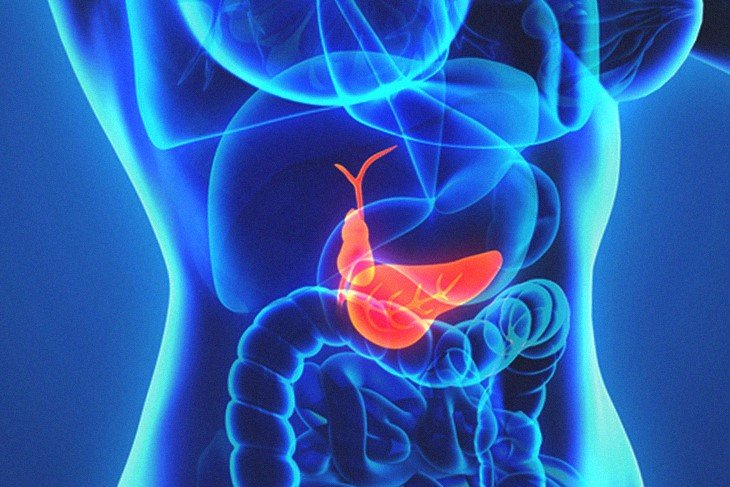
Gallbladder stones
Gastric and gallbladder diseases encompass a range of conditions that affect the digestive system, specifically the stomach and the gallbladder. Gastric diseases primarily involve disorders of the stomach, while gallbladder diseases pertain to conditions affecting the gallbladder, a small organ located beneath the liver that stores bile produced by the liver.
Common gastric diseases include gastritis, gastric ulcers, gastroesophageal reflux disease (GERD), and gastric cancer. Gastritis refers to inflammation of the stomach lining and can result from factors such as H. pylori infection, excessive alcohol consumption, or prolonged use of NSAIDs. Gastric ulcers are open sores that develop in the stomach lining, often due to H. pylori infection or long-term NSAID use. GERD is characterized by the reflux of stomach acid into the esophagus, leading to symptoms like heartburn, regurgitation, and chest discomfort. Gastric cancer is a less common but serious malignancy that can originate in the stomach lining.
Gallbladder diseases primarily include gallstones, cholecystitis, and biliary colic. Gallstones are solid particles that form in the gallbladder from cholesterol or bilirubin crystals and can cause blockages or inflammation of the gallbladder (cholecystitis) or bile ducts. Biliary colic refers to intermittent episodes of severe abdominal pain caused by gallstones temporarily blocking the bile ducts. Gallbladder diseases often manifest with symptoms such as abdominal pain, nausea, vomiting, bloating, and jaundice (yellowing of the skin and eyes).
Diagnosis of gastric and gallbladder diseases typically involves a combination of medical history review, physical examination, imaging studies such as abdominal ultrasound or CT scan, blood tests to assess liver function and detect markers of inflammation or infection, and endoscopic procedures like upper endoscopy or ERCP (endoscopic retrograde cholangiopancreatography) to visualize the stomach, bile ducts, and pancreas and obtain tissue samples for analysis.
Treatment for gastric and gallbladder diseases depends on the specific condition and may involve dietary modifications, lifestyle changes, medications to manage symptoms or eradicate infections (e.g., antibiotics for H. pylori), surgical interventions such as gallbladder removal (cholecystectomy) for gallstones or severe gallbladder inflammation, or treatments for underlying conditions like GERD or gastric cancer. Early diagnosis, appropriate management, and regular follow-up care are crucial for optimizing outcomes and preventing complications in patients with gastric and gallbladder diseases.
Book Appointment
.jpg)
.jpg)

